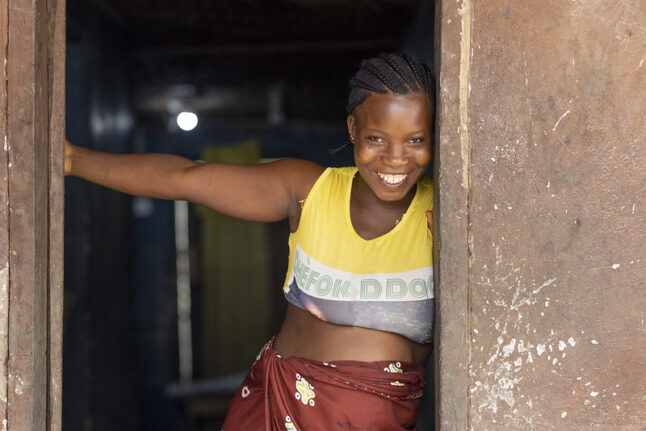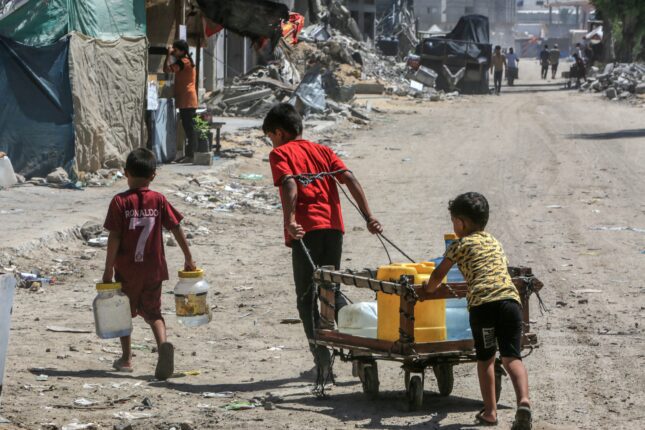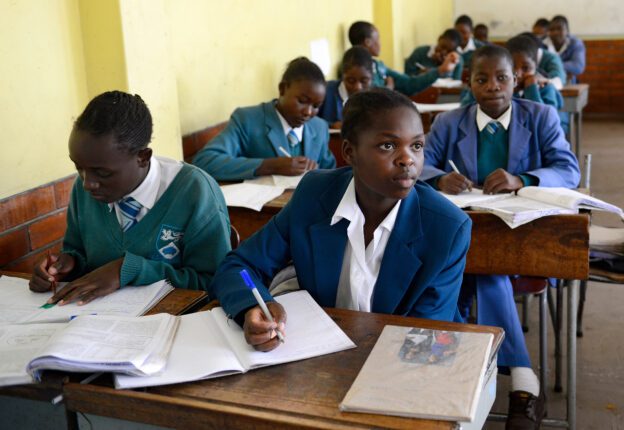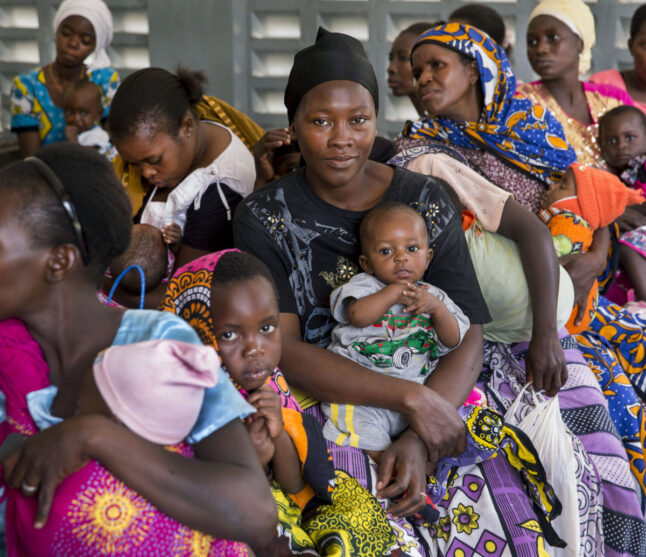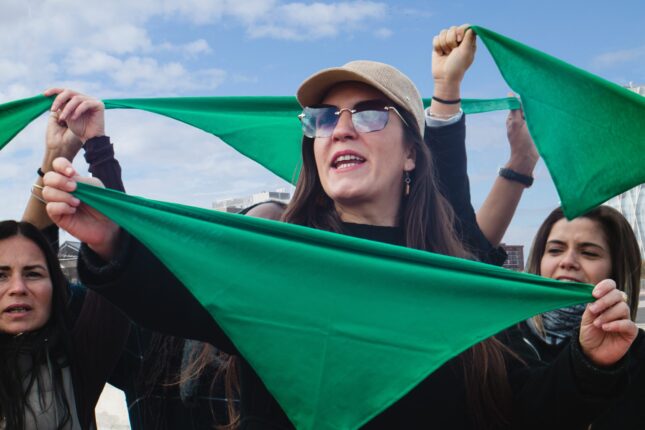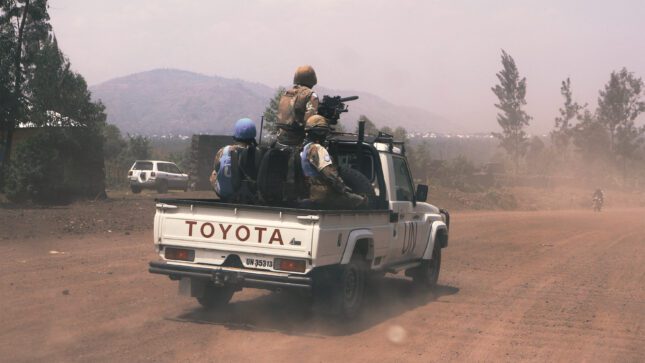-
Afro-Descendant Women and Girls Deserve Culturally Relevant Healthcare and Better Data
›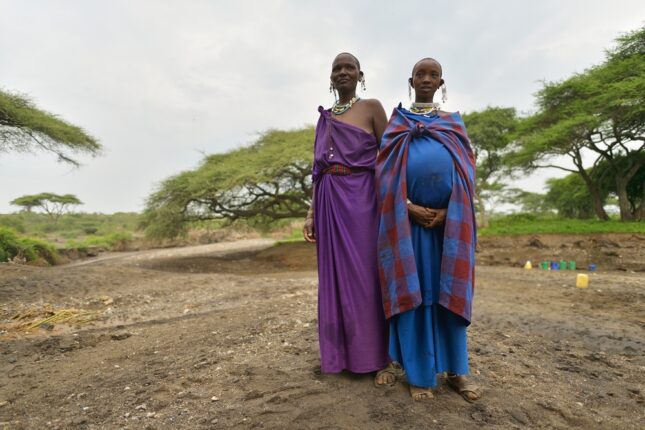
A recent study from the United Nations Population Fund (UNFPA) and its partners found that women and girls of African descent living in the Americas are up to three times more likely to die from preventable maternal death causes. So it is no surprise that UNFPA’s Executive Director of Programs, Diene Keita, is calling attention to this challenge.
-
NEW: Global Health and Gender Policy Brief: Drivers of Global Maternal Mortality
›
Each day, almost 800 women die from preventable causes related to pregnancy and childbirth. A maternal death occurs every two minutes. Maternal mortality is defined as the death of a woman from complications of pregnancy or childbirth that occur during the pregnancy or within 6 weeks after the pregnancy ends.*
-
War and Climate Change Intensify Global Water-related Conflicts
›
The Pacific Institute recently updated its Water Conflict Chronology—a database of water-conflict events that began to take form in the 1980s. The recent updates include the addition of 300 new entries to the database, highlighting the alarming rise of water-related conflicts in the last few years. Despite this overwhelming evidence of a growing trend in water-related conflicts, global attention toward addressing them remains negligible.
-
Can the UPR Advance Global Women’s Rights? Lessons from Sub-Saharan Africa
›
At the opening of the Commission on the Status of Women in New York this past March, UN Secretary-General António Guterres underscored the importance of stepping up national and global efforts to advance the rights of women. Guterres observed that “many women and girls are also facing a war on their fundamental rights at home and in their communities. Hard-fought progress is being reversed.”
-
ECSP Weekly Watch | August 19 – 23
›
A window into what we are reading at the Wilson Center’s Environmental Change and Security Program
What’s Next for the Teesta Water Disputes? (The Hindu)
The recent political upheaval in Bangladesh which led to the resignation of Prime Minister Sheikh Hasina and the return of Nobel Peace Prize laureate Muhammed Yunus as leader of an interim government is not the only tumult in this nation. A worsening trend in weather events there has heightened Bangladesh’s exposure to climate shocks and allowed a dispute over the Teesta River to reemerge.
-
Moving Beyond Fertility Targets
›
We’re often told that we’re living during a population crisis, a time of simultaneous concerns born of too many people to sustain necessary resources for a healthy planet, and too few working-age people to support a healthy economy. Population dynamics and trends are key to national and international security and contribute to the overall wellbeing of a society. Fertility, along with mortality and migration, is central to population and its importance to demographers, policymakers, economists, and a country’s development is without question. But focusing on population trends without considering the experiences of the billions of individuals who make up those trends—each with a unique life course, personal aspirations, and individual potential—establishes an unhealthy and dangerous tension that can strip women of their rights and leave them socially disenfranchised.
-
By Women, For Women: Global Advocacy for Women’s Rights and Health
›
Gambian lawmakers voted on July 15, 2024, to maintain the nine-year old ban on female genital cutting (FGC). Also known as female genital mutilation (FGM), female genital cutting is defined by the World Health Organization as “all procedures that involve partial or total removal of the external female genitalia, or other injury to the female genital organs for non-medical reasons.” The negative health outcomes of FGC can include severe pain, infections, sexual health problems, and obstetric complications.
-
Going Beyond “Conflict-free”: Transition Minerals Governance in DRC and Rwanda
›
Resource-rich nations such as the Democratic Republic of Congo (DRC) and Rwanda—which produce minerals ranging from coltan, cobalt, gold, tungsten, and tantalum, to tin (3TG)—hold tremendous importance in the global supply chains. The DRC produces 70% of global cobalt production, while its neighbor, Rwanda, generates around 30% of Tantalum.
Showing posts from category gender.


